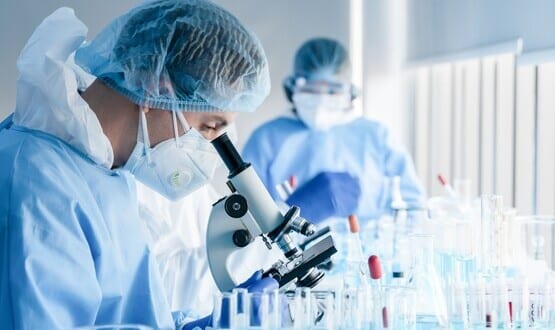‘Digital babies’ created to advance infant precision medicine
- 11 June 2024

Researchers at the University of Galway and Heidelberg University in Germany have created ‘digital babies’ to improve the diagnosis and treatment of medical conditions in newborns.
Scientists at the Digital Metabolic Twin Centre at the University of Galway, worked with Heidelberg University, the Heidelberg Institute for Theoretical Studies and Heidelberg University Hospital to create computational models of newborn infants, based on real-world data from 10,000 newborn babies.
Using data – including sex, birth weight and metabolite concentrations – the team created 360 computational whole-body models that can simulate infant metabolism, in the first six months of life.
The study, which was published on 3 June 2024 in the journal Cell Metabolism, concluded that the infant whole-body models were able to predict known biomarkers for inherited metabolic diseases.
It also found that the models could accurately predict metabolic responses to various treatment strategies.
In a press release, Elaine Zaunseder, lead author at Heidelberg University, said that babies have “unique metabolic features” that allow them to develop and grow up healthy.
“For instance, babies need more energy for regulating body temperature due to, for example, their high surface-area-to-mass ratio, but they cannot shiver in the first six months of life, so metabolic processes must ensure the infant keeps warm.
“Therefore, an essential part of this research work was to identify these metabolic processes and translate them into mathematical concepts that could be applied in the computational model,” she said.
Zaunseder added that the study is the first step towards developing digital twins for infants, which “have the potential to revolutionise paediatric healthcare by enabling tailored disease management for each infant’s unique metabolic needs”.
Professor Ines Thiele, project study lead, said: “Newborn screening programmes are crucial for detecting metabolic diseases early on, enhancing infant survival rates and health outcomes. However, the variability observed in how these diseases manifest in babies underscores the urgent need for personalised approaches to disease management.
“Our models allow researchers to investigate the metabolism of healthy infants as well as infants suffering from inherited metabolic diseases, including those investigated in newborn screening.”
Meanwhile, Imperial College London announced in May 2024 that researchers are building digital twin heart models for NHS patients with pulmonary arterial hypertension.



